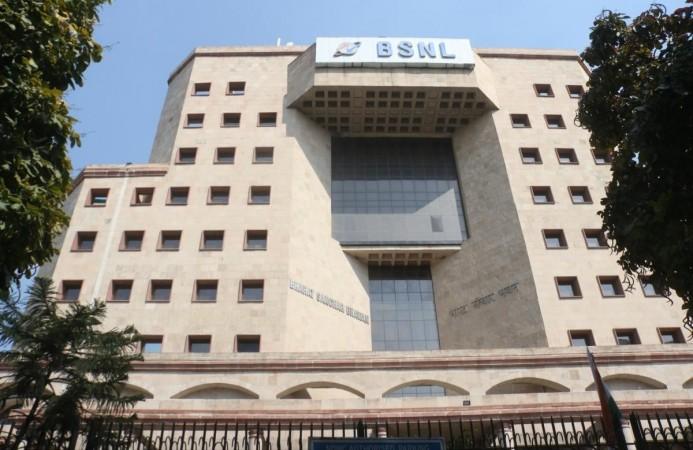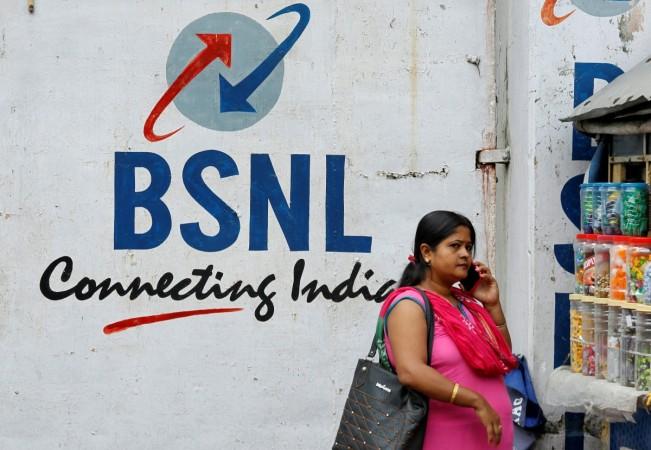
The government on Thursday said the target amount to collect through asset monetisation during the financial year 2025-26 is Rs 900 crore for state-run telecom operator BSNL and Rs 4,573 crore for MTNL.
Union Minister of State for Communications, Pemmasani Chandra Sekhar, told the Rajya Sabha in a reply to a question that the assets monetisation is being done as per the revival packages approved by the Union Cabinet.
The minister emphasised that there is no plan to shut down BSNL and MTNL, and the "proceeds of asset monetisation are being used in accordance with the approvals of the Union Cabinet".
The Cabinet, in its meeting held on October 23, 2019, approved the revival plan of BSNL and MTNL, which includes asset monetisation following DIPAM guidelines.
Since 2019, BSNL has registered Rs 1,341 crore as land assets sold across the country, while there has been no sale of assets in MTNL, the minister said.
"The future of staff and officials of BSNL and MTNL is not affected by asset monetisation," said the minister.

Earlier this month, Union Communications Minister Jyotiraditya Scindia credited the Prime Minister Narendra Modi government's strategic revival steps for bringing BSNL back from the brink, saying that the state-run telecom giant, once left on "ventilator support" by the previous UPA government, has now firmly re-established itself in the hearts of Indian consumers.
Speaking to IANS here on BSNL's remarkable turnaround, the minister said: "At one point, BSNL was not even on ventilator support but in a critically failing state."
"Prime Minister Modi made a strong resolve to bring BSNL back into full service for the country. Today, we are seeing the result of that commitment," the Union Minister noted.
According to BSNL's financial data, the company posted a net profit of Rs 280 crore in the January-March quarter (Q4) of FY25, making it the second consecutive profitable quarter after nearly two decades. This followed a Rs 262 crore profit in the October–December quarter -- marking the first profit for the company in 18 years.
(With inputs from IANS)

















